Former US Vice President Richard B Cheney has died.
Cheney, known as ‘Dick’ to his friends, was among the most powerful and influential US vice presidents in history. The 84-year-old passed away from complications brought on by pneumonia and cardiac and vascular disease.
Cheney, the 46th Vice President of the United States, was among the leading cheerleaders of the US invasion of Iraq in 2003. George W Bush, whom he served, described Cheney as a “decent, honourable man” and called his death “a loss to the nation.”
“History will remember him as among the finest public servants of his generation — a patriot who brought integrity, high intelligence, and seriousness of purpose to every position he held,” Bush said in a statement.
But did you know Cheney was also the man in charge on 9/11 and a key figure in the US War on Terror?
Let’s take a closer look.
Cheney takes charge on 9/11
Bush, famously, was at a children’s school on September 11, 2001, in Florida when he was alerted that the US was under attack. Cheney, meanwhile, happened to be at the White House, which investigators later claimed was one of the likely targets for Flight 93.
“At that moment, you knew this was a deliberate act. This was a terrorist act,” Cheney, who was immediately taken to a secure bunker deep under the White House known as the Presidential Emergency Operations Center in the aftermath of the attacks, told CNN in 2002.
Both men, who gave interviews to the independent 9/11 commission, narrated what happened that day. Bush said he was hustled onto an Air Force One flight in the aftermath of the attacks and gave Cheney the authorisation to shoot down any planes that refused to respond.
Bush relied on his experience as a Texas National Air Guard pilot to formulate the engagement and talked about it with Cheney. He gave the vice president the authority to engage the enemy and shoot down an enemy plane if necessary.
Cheney spoke about how he remembered that the US Air Force was trying to restrict airspace over Washington, DC. He remembered how he and Bush spoke about the rules of engagement before he gave the order to shoot down any rogue aeroplanes. He said authorities thought there were at least three such planes in the air.
“If it looks threatening, take it out,” Cheney told a military aide at the time.
Architect of the War on Terror
For Cheney and other figures within the administration such as Donald Rumsfeld and Condoleezza Rice, 9/11 was more than just a national tragedy – it was an inflection point in American history.
“If we have learnt anything from modern experience, it is this: the only way to protect this country against terrorism is to stay on the offensive,” Cheney said just a month after the attacks.
Cheney, Rumsfeld, Rice and Colin Powell were the faces that raised the drumbeat of the War on Terror and sold it to the public. The rallying cry was that Saddam Hussein had ‘weapons of mass destruction’ and could thus not be allowed to stay in power. The US, which invaded Afghanistan to root out the Taliban in 2001, then invaded Iraq in 2003.
In doing so, they implemented the now famous ‘Cheney Doctrine’, which was described thus: “Even if there’s just a 1 per cent chance of the unimaginable coming due, act as if it is a certainty.” Bush’s successor Barack Obama repudiated this with his own “Don’t do stupid shit” doctrine.
Cheney was also among those pushing ‘enhanced interrogation’ techniques — what is otherwise known as torture — on detainees including waterboarding and holding suspects indefinitely without trial at places like Guantanamo Bay. Many have argued that these methods sullied America’s reputation across the world and only handed a victory to the terrorists and its opponents.
His prognostications on the war in Iraq — that the United States troops would be greeted as liberators, the links between Al-Qaeda and Saddam, that the insurgency was in its final throes in 2005 — were all proved wrong time after time.
Yet, Cheney refused to change his stance. He later claimed that the administration had acted on “the best available intelligence.” He remained insistent about the righteousness of his cause in the years after he left office.
“I would do it again in a minute,” Cheney said about the ‘enhanced interrogation’ techniques he championed. “It was the right thing to do then. I believed it then and I believe it now,” he said about the Iraq war in 2015.
However, others summed up the US’ approach in the aftermath of 9/11, particularly the Iraq war, thus: “Cheney lied, people died.”
Cheney was also a proponent of the unitary executive theory – essentially that the power of the presidency stands above the two other branches, the legislative and the judicial. “We have to work the dark side, if you will,” Cheney said. “A lot of what needs to be done here will have to be done quietly, without any discussion.”
By the time he left office, he was a bogeyman to much of the left and even repudiated by some on the right. His approval rating was at a meagre 31 per cent. Ironically, Cheney’s reputation in the Trump years has undergone at least somewhat of a rehabilitation in the eyes of some.
Cheney and his daughter Liz have both been fierce critics of Trump – whom they initially supported in 2016 – since he refused to admit defeat in the 2020 election and orchestrated the insurrection in the US Capitol on January 6, 2021.
“In our nation’s 246-year history, there has never been an individual who was a greater threat to our republic than Donald Trump,” Cheney said of Trump. “He tried to steal the last election using lies and violence to keep himself in power after the voters had rejected him. He is a coward. A real man wouldn’t lie to his supporters. He lost his election, and he lost big. I know it. He knows it, and deep down, I think most Republicans know.”
Cheney in 2024, in an event that those who knew him thought nigh unthinkable, voted for Democrat Kamala Harris for president. Cheney did so by emphasising his “duty to put country above partisanship to defend our Constitution.” He warned that Trump “can never be trusted with power again.”
Yet, it was not enough to stop Trump from returning to office. Cheney leaves behind a complicated and controversial legacy that current and future generations in the US will have to reckon with.
With inputs from agencies


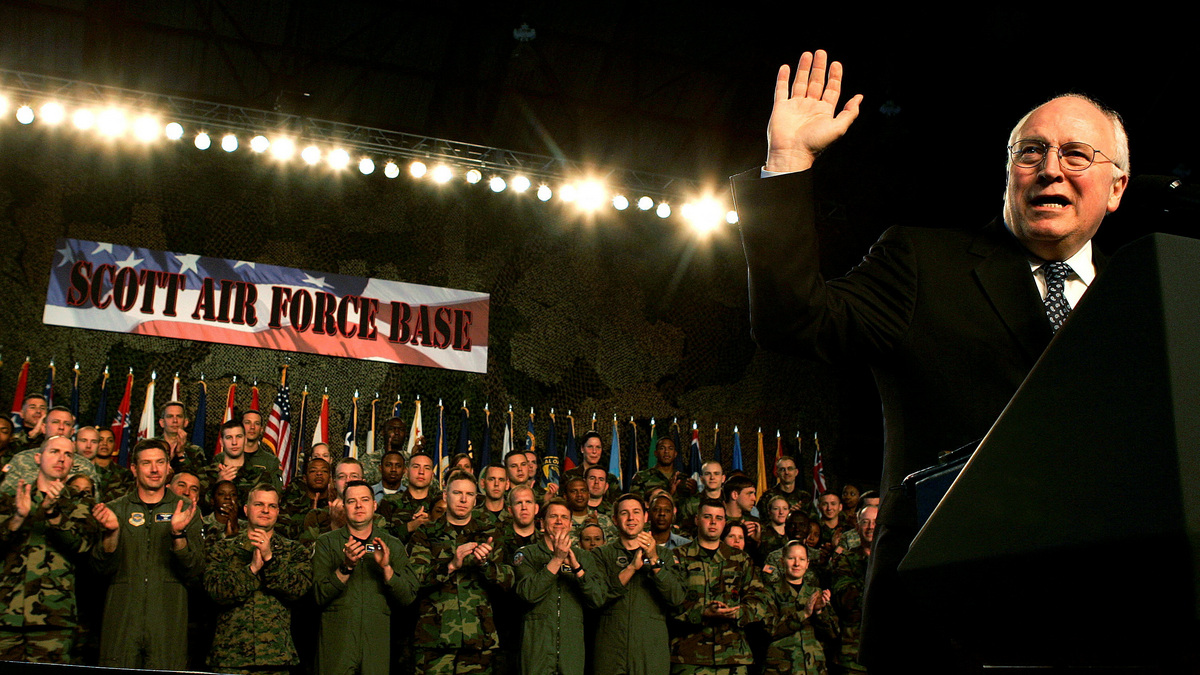)
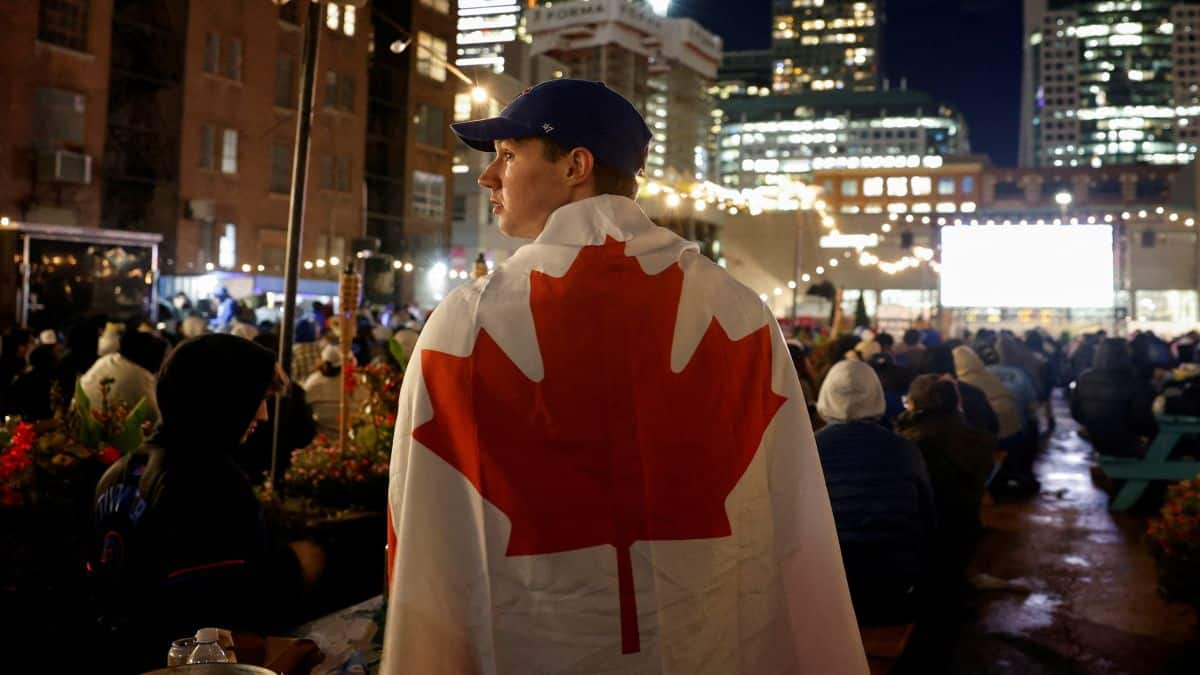
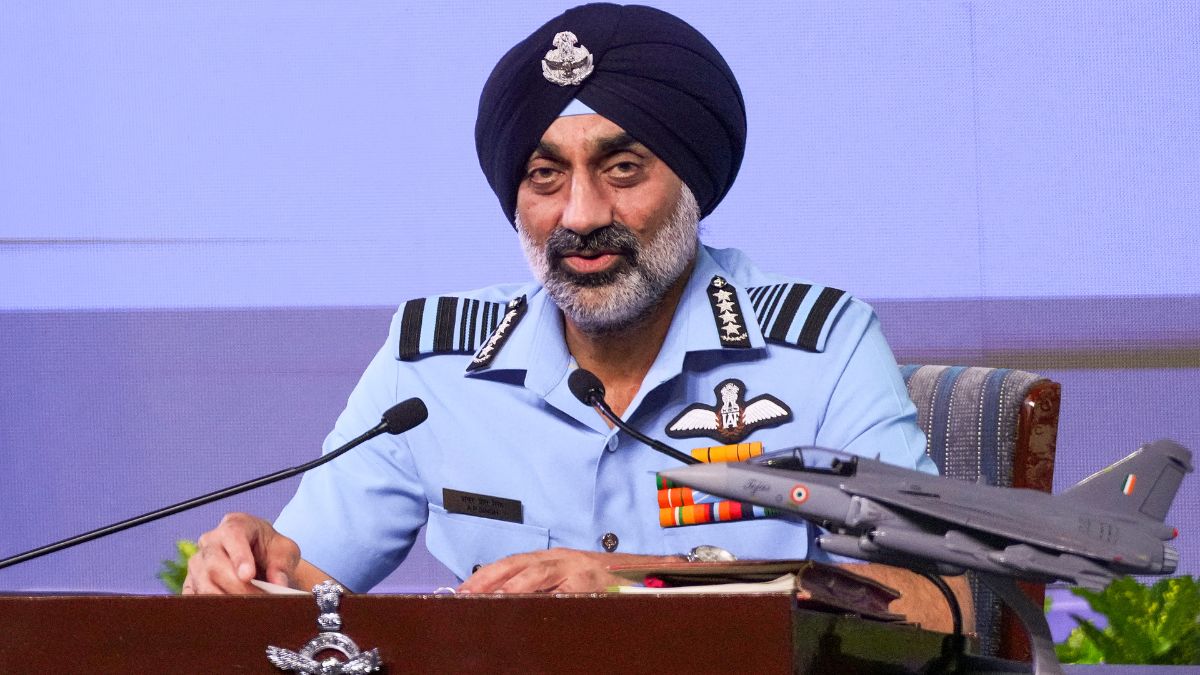)
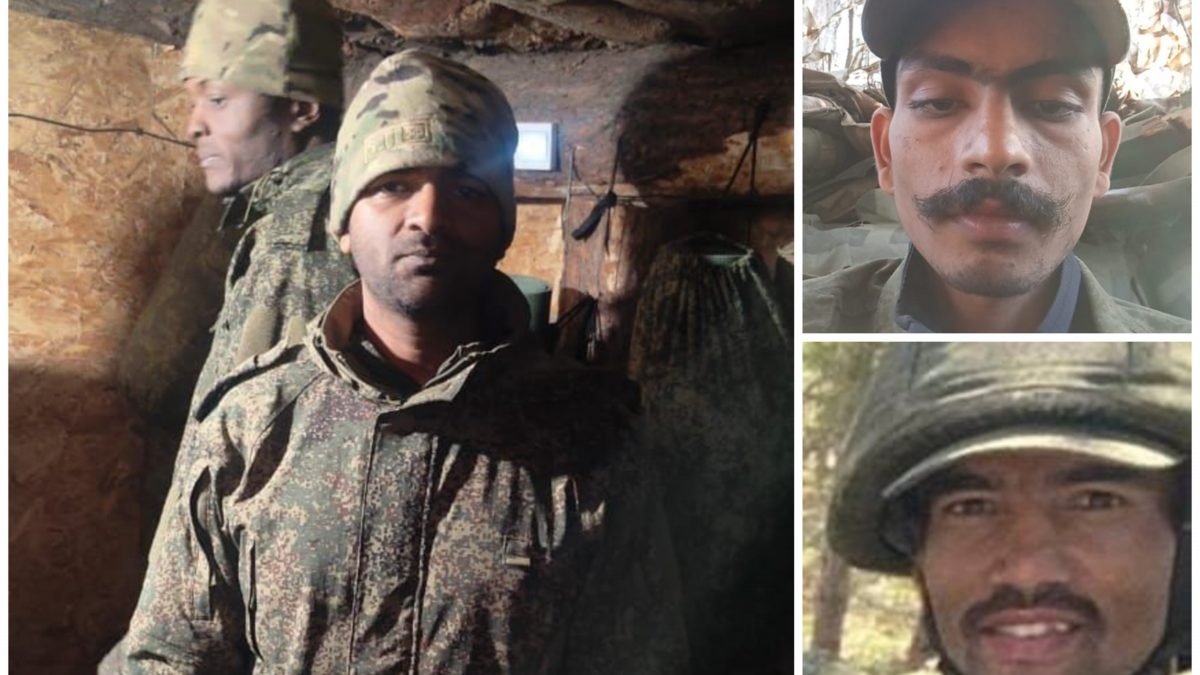)
)
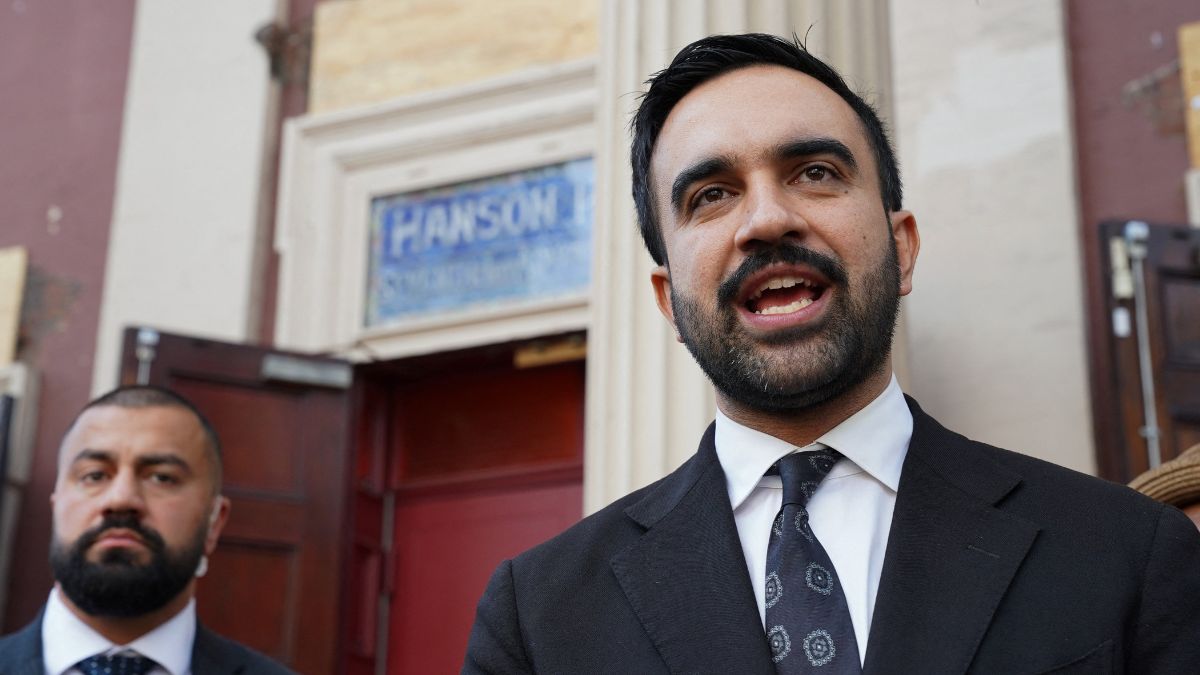)
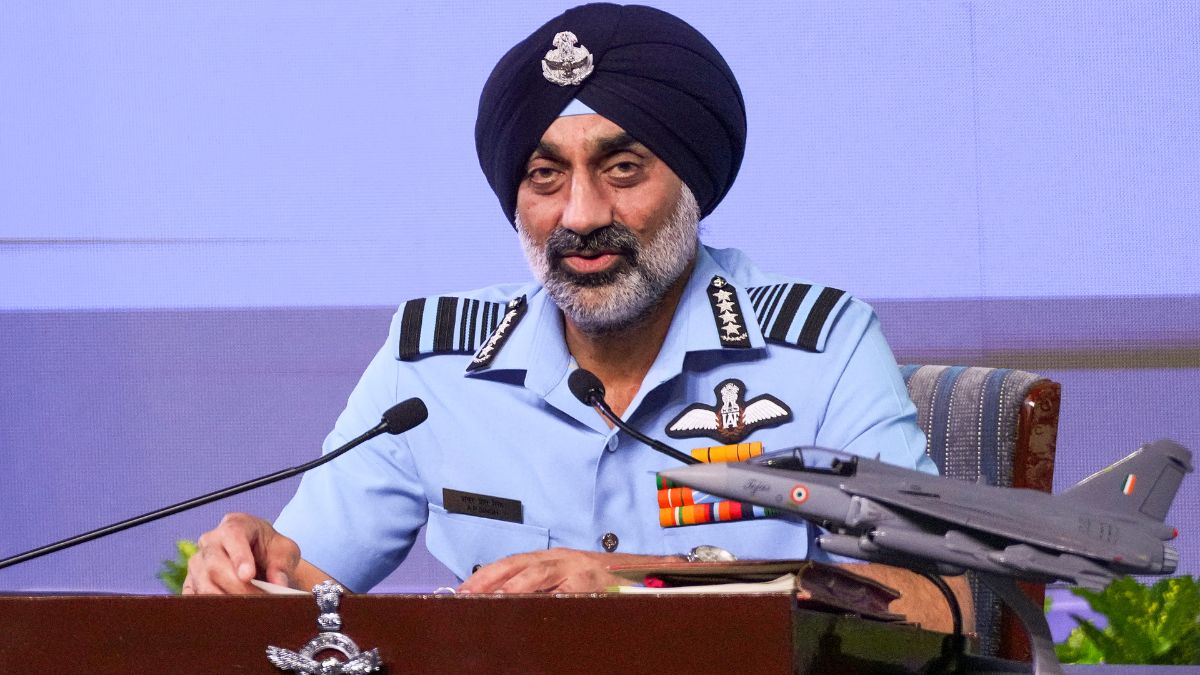)
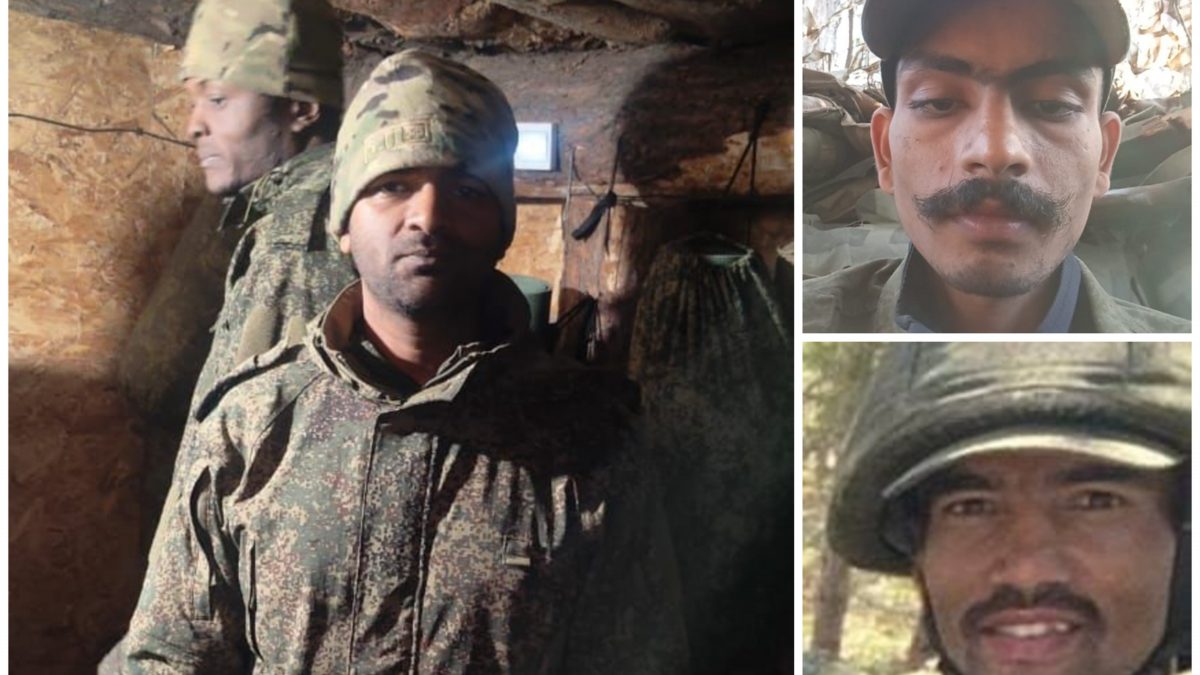)
)
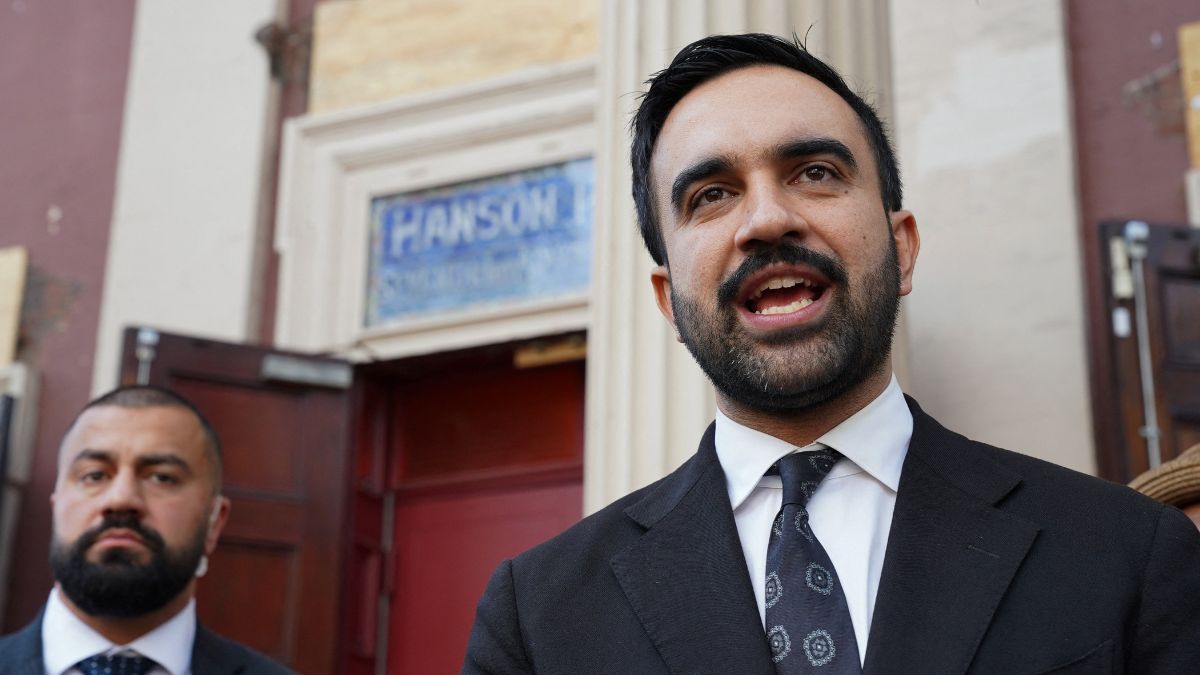)



